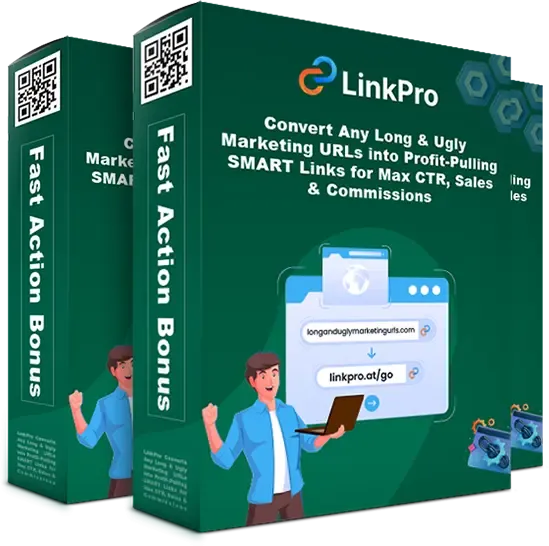Rent To Own Tax Issues

Be Aware of Several Lease-Purchase Tax Issues
Buying a home can be accomplished in several ways; Cash Purchase, VA or FHA Mortgage, Conventional Mortgage, Seller’s Contract-For-Deed Mortgage, and finally, a Lease-Purchase (often referred to as Rent-To-Own). Each method has both advantages and disadvantages, but it is important for the Buyer and Seller to fully understand the consequences of entering into a Lease-Purchase Agreement
Contract-For-Deed – This type of purchase is used for Buyers who cannot otherwise obtain a traditional mortgage, and it involves a direct purchase of the property, with the actual title continuing to be held by the Seller and the buyer making regular monthly payments (similar to a typical mortgage) until the entire amount has been paid, or the buyer is able to obtain a new mortgage for the remaining balance.
This type of purchase is also used frequently by property investors, who want to invest a minimal amount of their own money in a property while they Flip it, or sell the contract to another investor. In many contracts, language is usually incorporated which allows the Seller to take back the home if the Buyer misses any payments, resulting in a complete loss of any equity you may have been accumulating in the property.
Also, if any portion of a Contract-For-Deed includes interest and the sale is completed, the IRS will allow the Buyer to deduct the interest and any real estate taxes the Buyer pays, as long as it is included in the Contract-For-Deed and fully itemized and documented on Schedule A of their 1040 Taxes.
Additional risks for the Buyer is that the Property Comprehensive and Liability Insurance as well as the Owners and Lenders Title insurance will remain in the Sellers name until title is finally transferred and any casualty payments or legal representation fees will be paid to the Seller, and not to the Buyer.
A problem arising for the Seller is that the Buyer now has an “equitable interest” in the property, and upon their default in payments, the Seller must use a lengthy Foreclosure Process to regain possession of the property, instead of a much quicker Eviction Process.
Under a Contract-For-Deed, if a mortgage still exists on the property, the Seller risks having the Lender accelerate the note on the property as soon as the Contract-For-Deed is discovered. The one way to avoid this is to hold the property in a (Florida) Land Trust, which by special Federal Rules prevents a Lender from Accelerating the note (but only if the Land Trust has the same beneficial owners). (This exemption is NOT available for LLC’s or CORP’s)
RENT-TO-OWN LEASE-PURCHASE – In many instances, a Seller is unable to find a bank-qualified Buyer who has the credit rating or down payment amount required to obtain a mortgage for the property in question. In order to continue to generate income on the property, a Seller may choose to offer a lesser-qualified Buyer the ability to Lease the property for a certain period of time, with an Option to purchase it in the future within a mutually agreeable date.
Some investors use this method to rent a property themselves, place a renter in it, and then sell the property to the renter (or another investor) at a small profit (this is called Wholesaling).This is known as a Lease-Purchase, and it typically involves two contracts – a Lease Contract for a specified period of time, as well as a separate Purchase Contract which is to be executed by a date-certain.
In most cases the Buyer is willing to pay a little more monthly rent, which allows a portion of that payment to be applied towards the down payment for the Purchase Contract, and in the event the Buyer is unable to make the purchase within the designated time, all money received in the Lease Contract is considered rent.
In a Rent-To-Own Lease Purchase, If the Seller has written a single combined Lease-Purchase Contract (instead of a Lease-Contract and a separate Purchase-Contract), the combined contract (under the previous Graham-Rudman Banking Laws) considers the Buyer to have an “equitable-Interest” in the property, and therefore the usual option to regain possession in the event of a default by the Buyer is Foreclosure (and not Eviction). And because the Seller is still the actual owner of record on the title, they continue to be legally liable as a co-defendant for any lawsuits, city fines or judgements against the property that the Buyer incurs.
Sellers should ALWAYS write two separate contracts for a Rent-To-Own Lease-Purchase. An example of this is shown below in the following US Tax Court Decision.
A couple entered into a one year lease-purchase contract to buy a property residence where they agreed to pay $1,000 per month lease payments, with 25% of each months payments being credited towards the eventual purchase price. In addition to the monthly lease they paid $4000 for the option to purchase at the end of the lease for a predetermined price. At the end of the year however, the buyer/renters failed to buy the home (effectively canceling the purchase option) , and simply continued to pay the monthly rent for some time until a new mortgage could be obtained, which was eventually re-negotiated with the Seller and the bank, resulting in a completed purchase some time later.
The problem however, was that they had been claiming mortgage interest and tax deductions during this entire period on their home, as well as a casualty loss for repairs to a swimming pool, and when the IRS discovered this in an audit, all deductions were disallowed, even though they had made all payments on time and eventually completed the purchase. They appealed this to the US Tax Court, and the Judge denied the deductions, stating that they were just “potential” buyers at the time, did not hold legal title, had no obligation to make mortgage payments or tax payments, or swimming pool repairs on property they were neither legal nor equitable owners of before the acquired title.
Carefully Research All Real Estate Contracts – Most states have enacted many new rules for the sale of property which requires written disclosures of many items, including Sellers Property Disclosures, Lead Base Paint Disclosures, Septic Tank Disclosures, Termite Inspections, Unseen Defects, Flood Zones, Estimated Closing Expenses, HUD Distribution Forms, Location of Security and Down Payment Deposits, and many more. Real Estate Brokers and Agents are required to retrain on many of these legal issues every 2 years and have contracts and forms available that legally comply with most situations. Sophisticated Investors and Buyers previously could buy and sell property with simple contracts, but don’t be caught in expensive litigation over these items, or a dispute over returning a deposit when one side or the other claim a breach of contract.
If you are not using a Real Estate Broker for your transactions, please consider obtaining and using an up to date set of Legal Forms for Buying, Selling, Renting and Closing Real Estate, written by lawyers for each specific state by one of the nations largest and most reputable Legal Forms organizations.
For More Information on Legal Forms – PRESS HERE











